When BBC Reporting Scotland broadcaster Sally Magnusson thinks back to how she got into journalism, she’s in no doubt that her parents played an influential role.
As the eldest daughter of Icelandic-born broadcaster and writer Magnus Magnusson and Rutherglen newspaper journalist Marnie Baird, she grew up in a house filled with clacking typewriters and copy deadlines.
Despite going through a phase in her teens when she thought journalism was the “last thing” she wanted to do, it was a lifestyle she was “very comfortable with”.
When she wrote for the student newspaper at Edinburgh University in the late-1970s, she realised how much she loved the “finding out” part of journalism and arranging of material.
“By the time I left university, I’m thinking I’d be daft not to try this because it’s clearly in the blood or something!” she said with a laugh.
“I got a place on a graduate trainee scheme at The Scotsman – run by Thomson Regional newspapers at that time – it was a wonderful training scheme. Then I moved to the Sunday Standard.”
But Sally, who’ll be talking about her writing at Pitlochry Festival Theatre’s Winter Words Festival, also credits her late-parents for instilling in her a lifelong love of history.
Describing the research side of history as being like “journalism of the past”, she thinks it’s true that her own family history has both driven that interest and been sustained by it over the years.
With Icelandic roots traceable back to the 10th century, her late-father Magnus introduced her to Iceland’s history, mythology and Sagas, including the true story of a pirate attack on 17th century Iceland.
The story of how Barbary pirates raided the coast of Iceland in 1627 and abducted some 400 of its people, including 250 from a tiny island off the mainland, inspired Sally’s debut historical novel The Sealwoman’s Gift.
Sally’s 2018 book told how the captives were taken back to Algiers and sold into slavery.
It told the story of one Icelandic family through the mother who eventually got back to Iceland as one of the very few hostages who were returned.
How has Sally Magnusson’s late mother’s family inspired her latest novel?
Sally’s second historical novel, The Ninth Child – released on the eve of lockdown in 2020 – was set against the backdrop of 19th century Loch Katrine at a time when they were building the waterworks to feed water into Glasgow.
It was inspired by the mysterious death of 17th-century minister Robert Kirke of Aberfoyle – the so-called “fairy minister” – who was alleged to have been abducted by fairies.
However, it’s Sally’s late mother’s family history, growing up very poor in Rutherglen and reaching back into the great convulsions of the Highland Clearances, which has influenced Sally’s most recent historical novel, Music in the Dark, which was released in May 2023.
“It’s about the role of women in the Highland Clearances and how they were to the fore generally trying to resist the delivery of eviction notices when the landlords or their factors had them delivered by the sheriff’s officers,” said Sally, 68.
“In 1854, a huge contingent of policemen went into the township of Greenyards in Strathcarron, which is up near Tain in Ross-shire.
“The police laid about them with their truncheons and caused dozens of devastating injuries to the women.”
In her novel, Sally takes one fictional woman – based on these real characters – and tells the story of how she was beaten up by the police before coming down to Glasgow.
As the story develops, Sally has based events on the life of her own great grandmother Annie McKechnie Baird who herself was evicted in the Highland Clearances from her home on Mull.
She made a life in Glasgow – but it was “very difficult” said Sally of her ancestor.
‘True life love story’ became part of Sally Magnusson’s Highland Clearances novel
“Glasgow at that time in the third quarter of the 19th century was very very hard for the poor, and my people were very very poor,” she said.
“But she made a life for herself and she eventually moved to Rutherglen, just across the Clyde from Glasgow, and she took in a lodger to make ends meet.
“They ended up getting married.
“So that’s the kind of true life love story that I borrow that’s at the heart of this novel.
“It’s quite a personal novel in many ways although it’s man many removed through the fictionalising process.”
Sally has spoken before about the experience of her late mother’s dementia, and many years ago, she did genealogical research on her mother and her family.
She was keen to find out what had happened to her ancestors and was able to trace Annie McKechnie Baird to Ardmore, near Tobermory.
She found her township and was able to trace their eviction notice through the National Records of Scotland.
Sally says her family history was definitely a “spark” of interest.
But she’d also wanted to do something on the Clearances and the “under reported and under known” role of women for a long time.
She added: “I realised that I didn’t want the book just to be about the Clearance itself. There’s been a lot written about that.
“I’m very interested in what happened afterwards.
“Some people went abroad. One of my characters does end up in America.
“But a lot of these became migrant Highlanders who were flocking down to the urban centres, notably Glasgow at that time, then into very very difficult lives.
“And at that point I realised I was beginning to write about my great grandmother’s story.
“That came almost by accident but then took over the novel in the end, because I’ve always been so fascinated by her and her story.
“I was delighted to find ways of working that into the novel.”
What format does Sally Magnusson’s Pitlochry Festival Theatre event take?
Sally will talk about Music in the Dark when she is in conversation with Orcadian journalist Magnus Linklater at Pitlochry Festival Theatre’s Winter Words Festival.
The festival, which features an exciting line up of authors, playwrights, adventurers, broadcasters, and actors from around Scotland and further afield, runs from February 8 to February 11 with Sally’s event on February 10.
She’s spoken at the festival before with previous books.
“It’s always a lovely festival, great audiences, always really engaged, and it’s a pretty theatre. I love going there,” she said.
However, while she admits she doesn’t know Perthshire particularly well, it was through a previous event in the area that the hook-up with her fellow Viking descendant came about.
“I was interviewing Magnus recently, actually in Dunkeld,” she said.
“At the end of it he said ‘that was marvellous, thank-you very much, I really enjoyed that. It was a great thing.
“You must let me know if I can ever do the same for you’.
“’Funnily enough!’, I said,’ I’ve just been asked to do the Winter Words Festival in Pitlochry, do you fancy doing that?’
“He said ‘oh yes, yes, yes’…
“That’s how that came about.”
Icelandic and Scottish history very important to Sally Magnusson
Sally said family history remains incredibly important to her, as it does to most people of Icelandic descent.
She loves the fact she still has lots of family and cousins in Iceland and every five years they organise a huge family reunion consisting of about 200 people.
“Just about every Icelander can trace their ancestry back to the settlement of Iceland, which was in the 10th century,” she said.
“Every meeting in Iceland of strangers is always prefaced by ‘now who is your father? Now that means your grandfather must have been so and so?
“And did they come from so and so? Oh that’s where my great great great grandfather came from’…
“That web of family connections is very very strong in Iceland. You can go back very easily.”
After a career in journalism which has always involved being factually correct, she admits it was a “bit of a shift” to write historical novels where, underpinned by historical facts, your “whole raison d’etre is to make things up”.
However, she’s enjoyed the process of learning how to do that.
She’s also looking forward to her fourth historical novel which she’s hoping will be set on Orkney.
“I’ve got ideas for the fourth one, but I haven’t got very far with it,” she added
“I’ve been so busy going round book festivals talking about the third one that the fourth one’s taken a bit of a back seat.
“But I’ve started to think about it again. Hopefully it’ll be out soon!”
For more information about Pitlochry Festival Theatre’s Winter Words Festival, go to
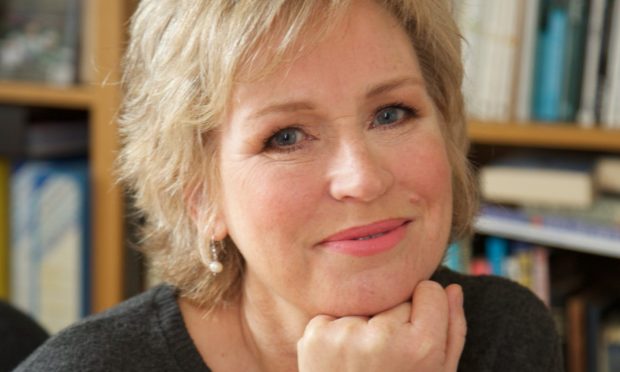
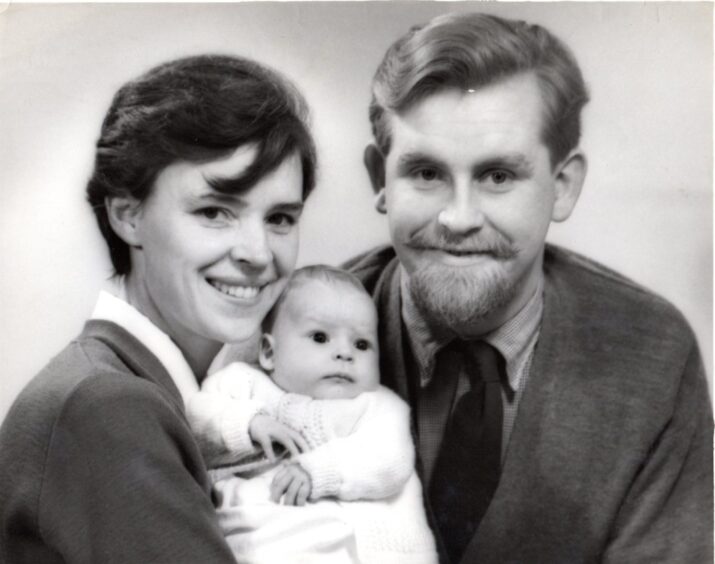
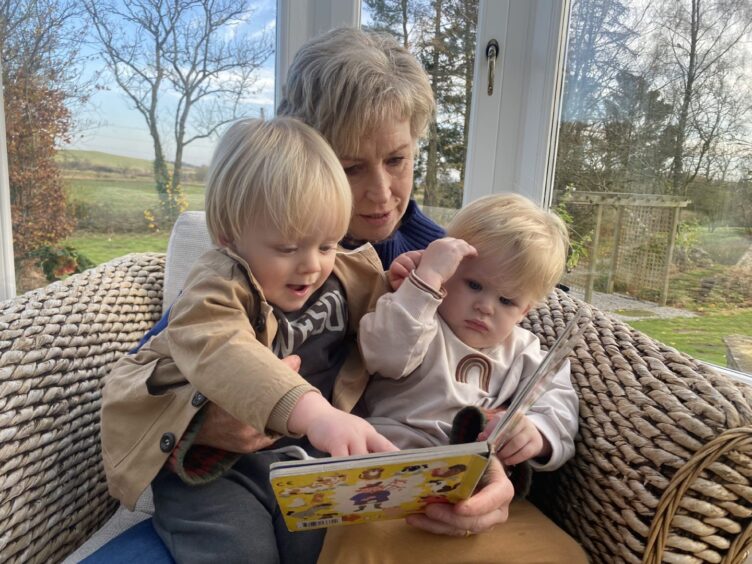
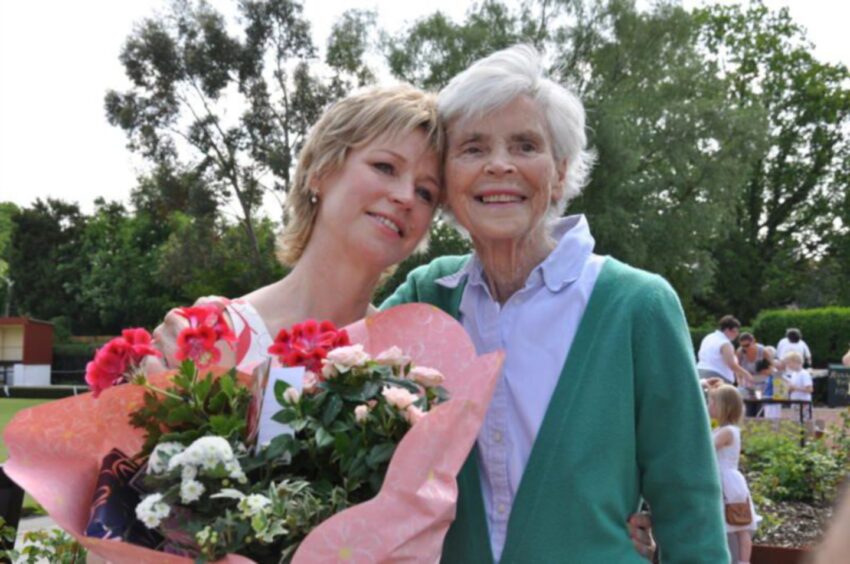
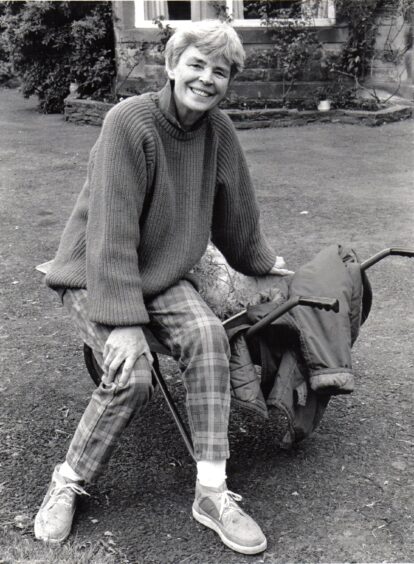
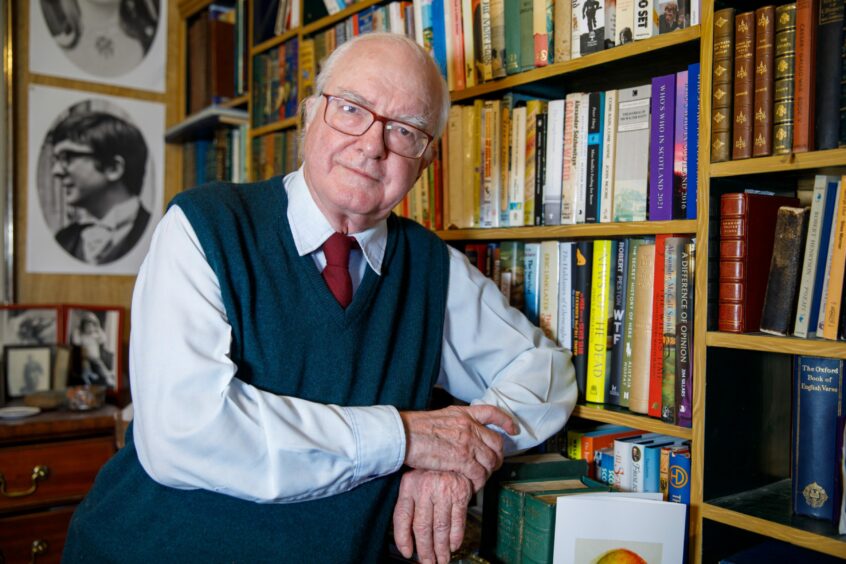
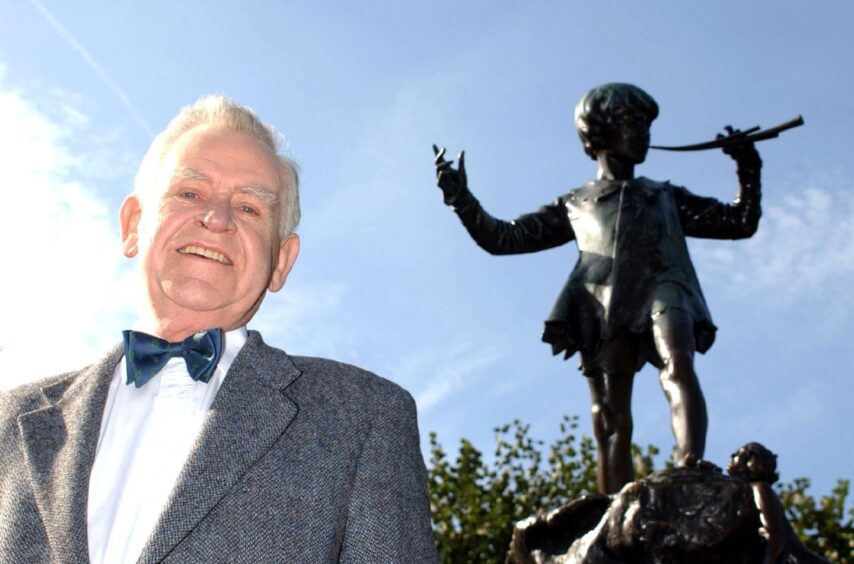
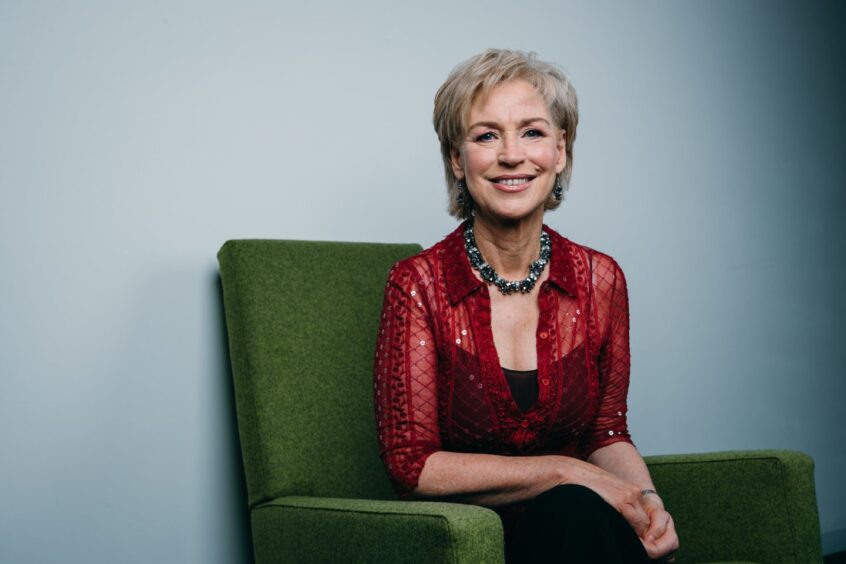
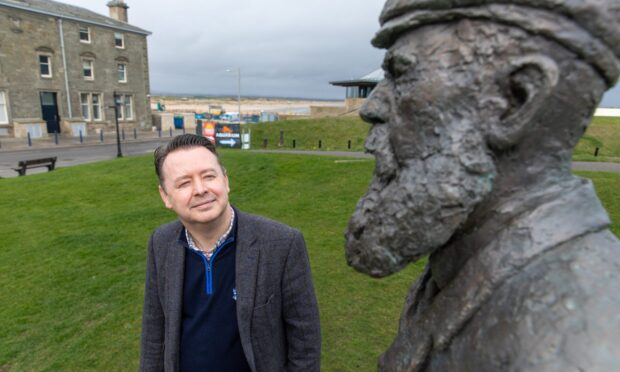
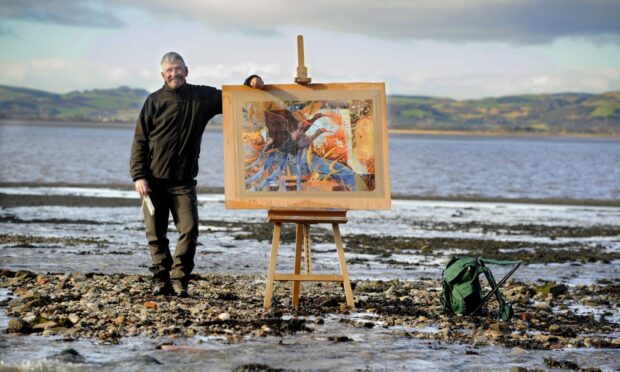
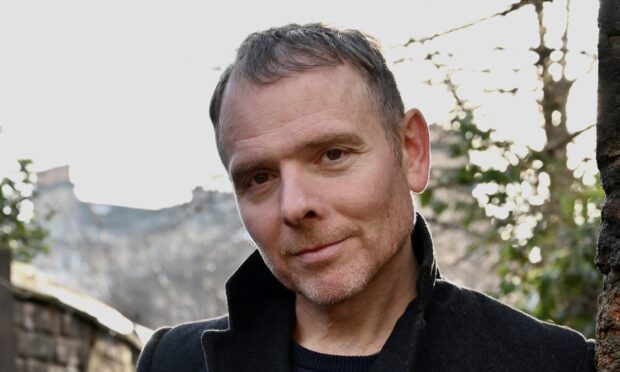
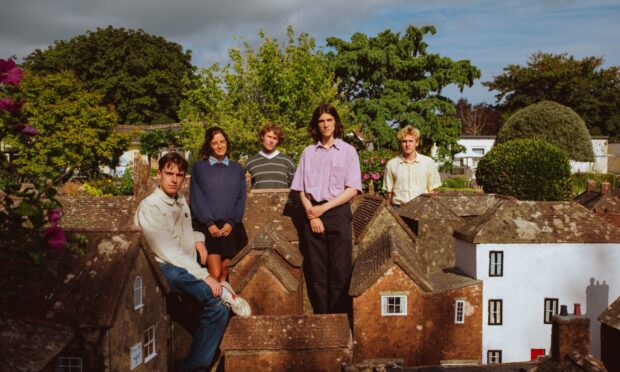
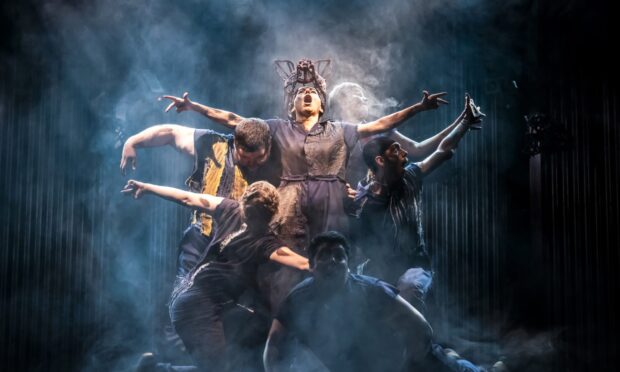
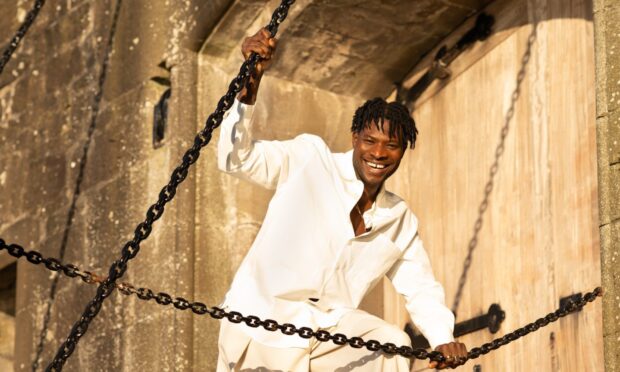
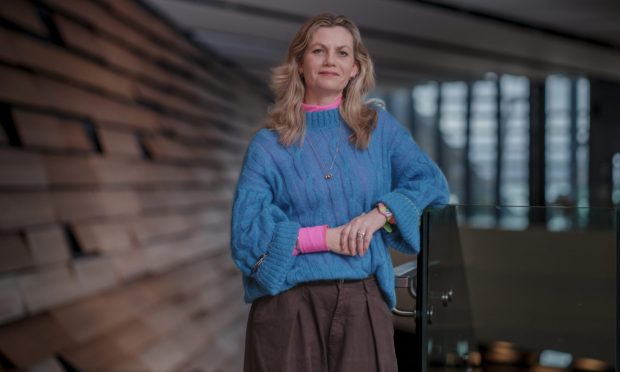
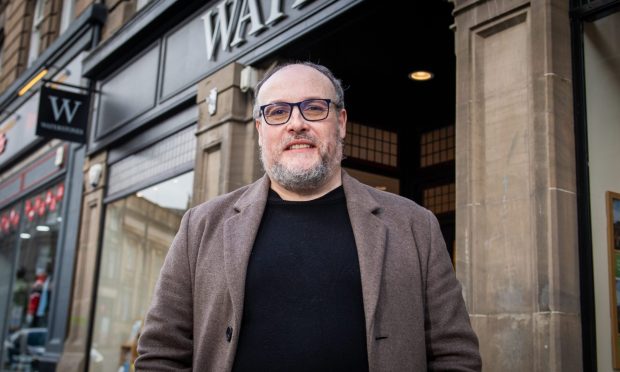
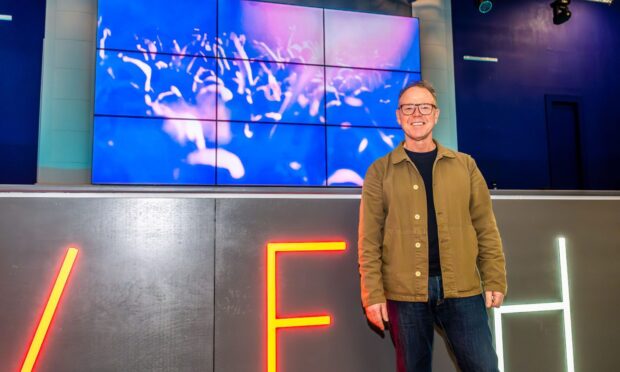

Conversation